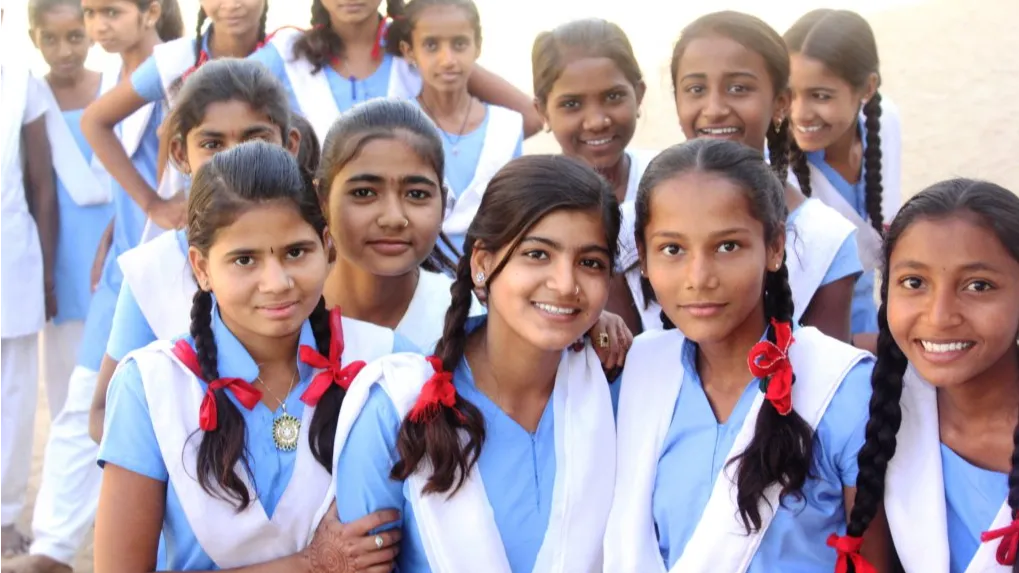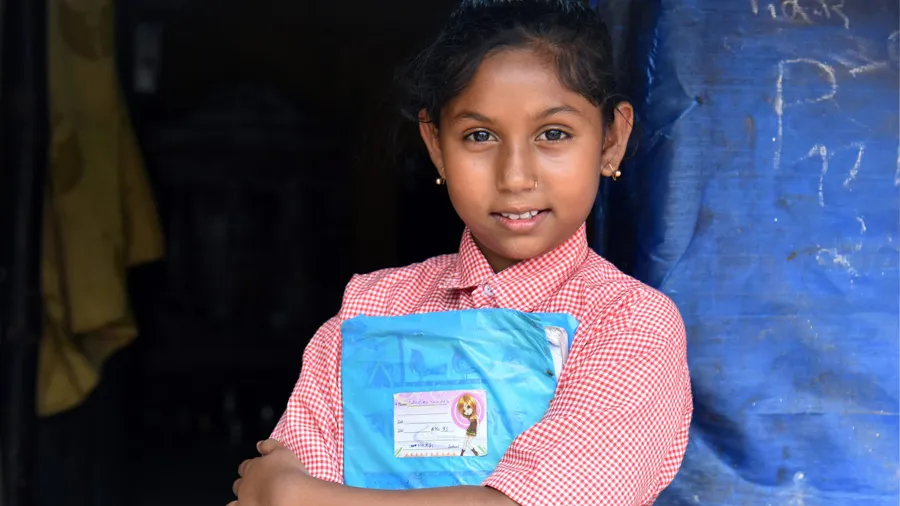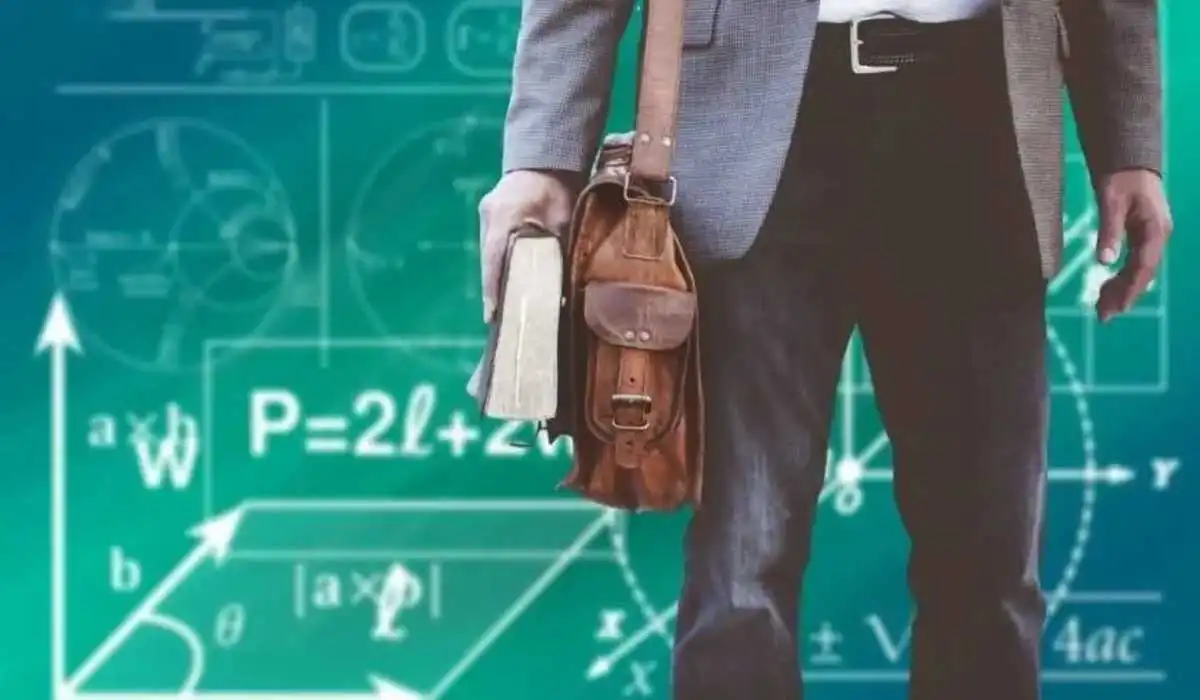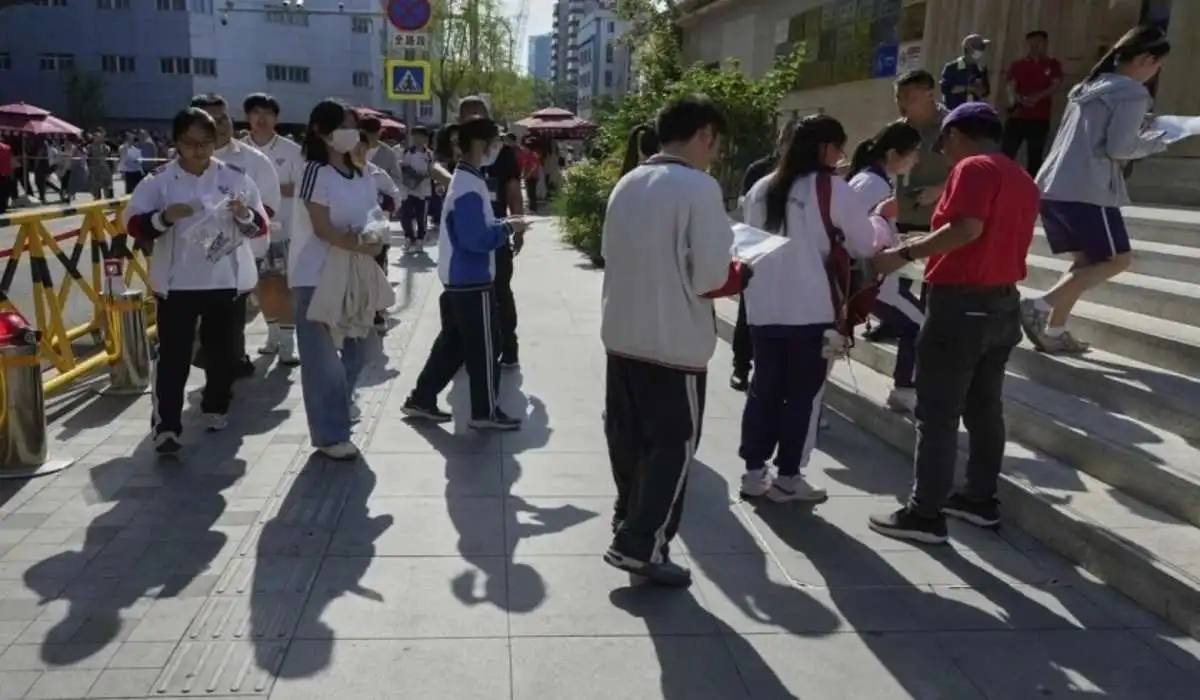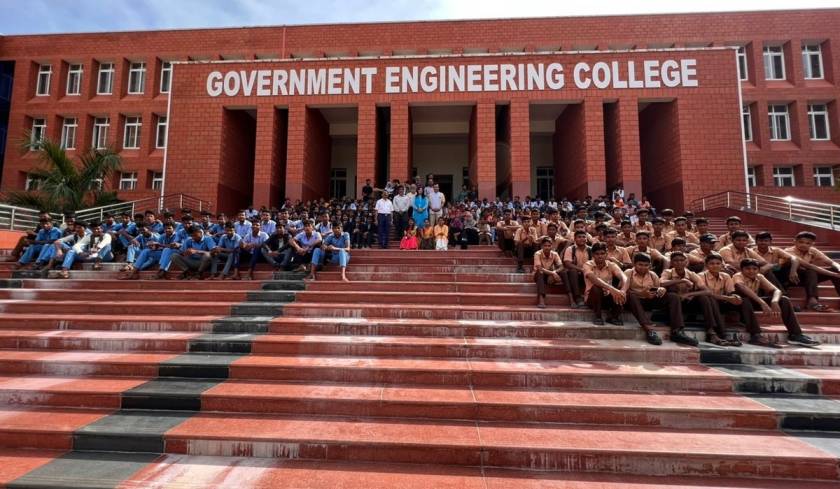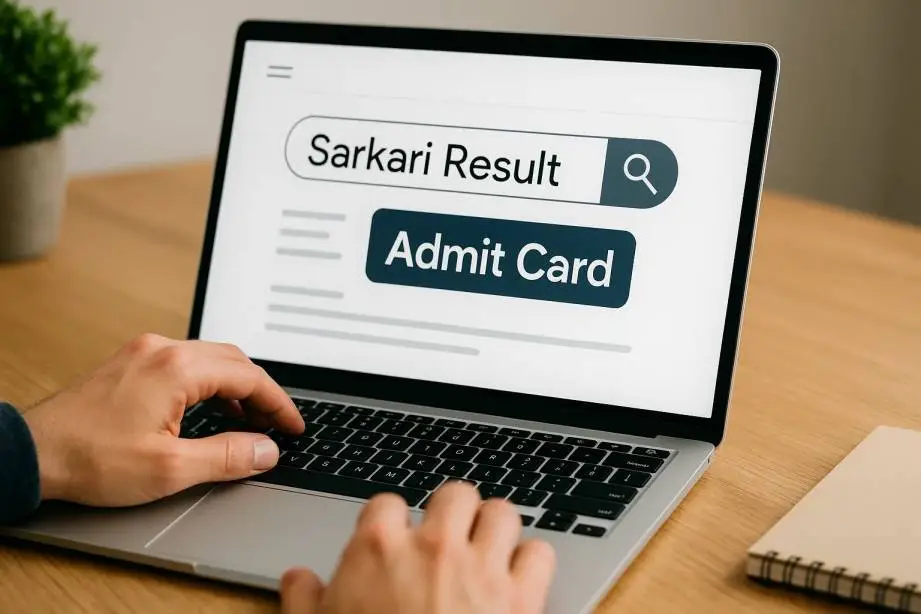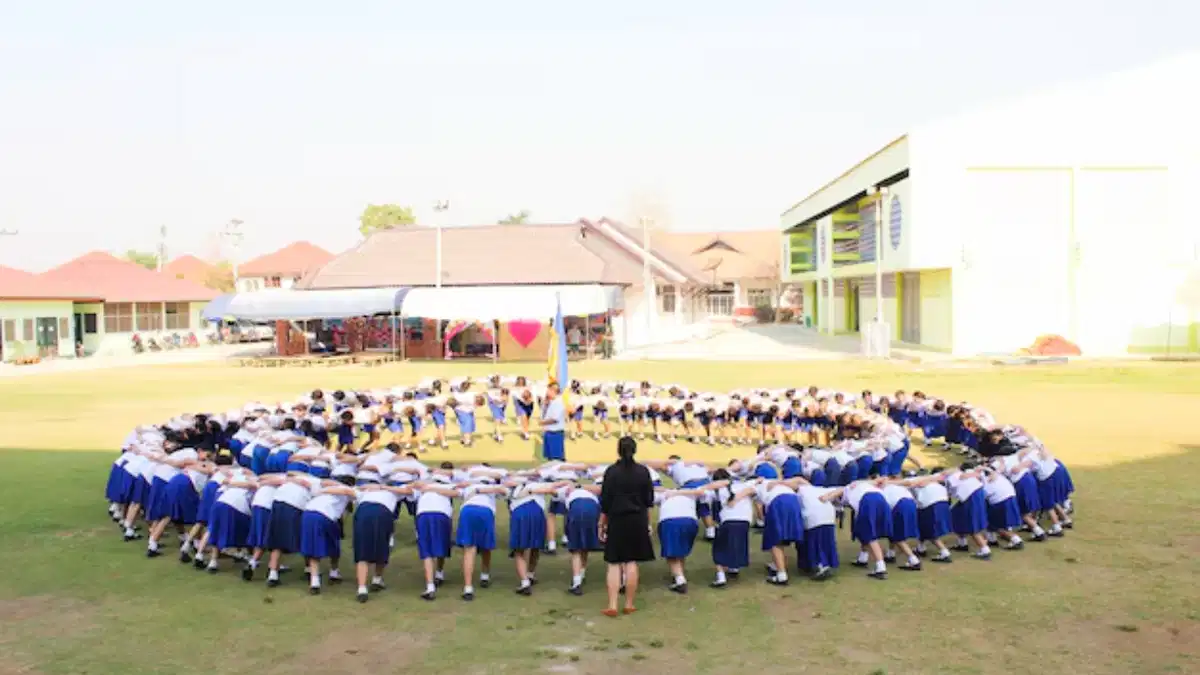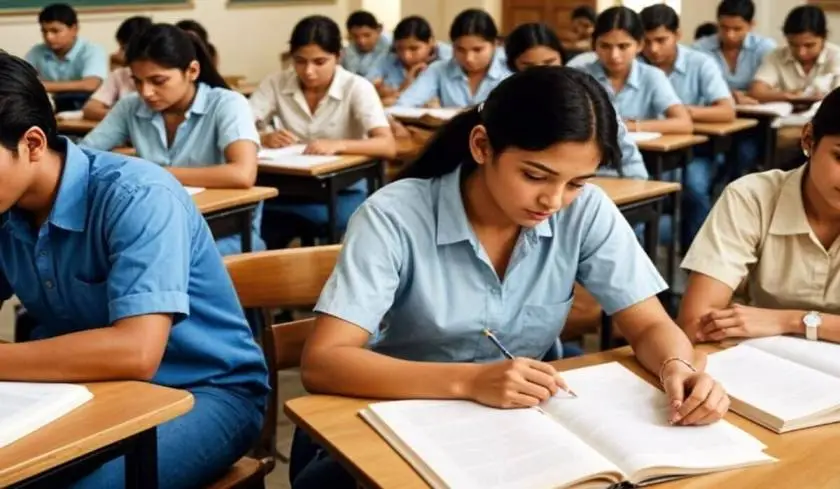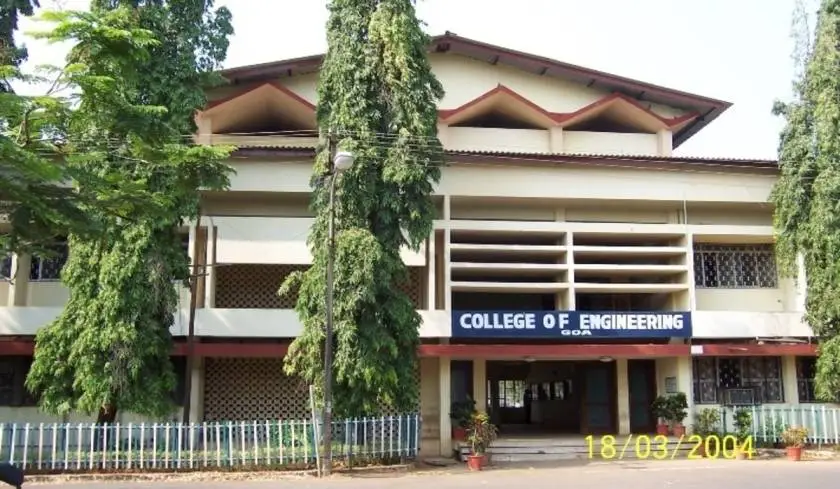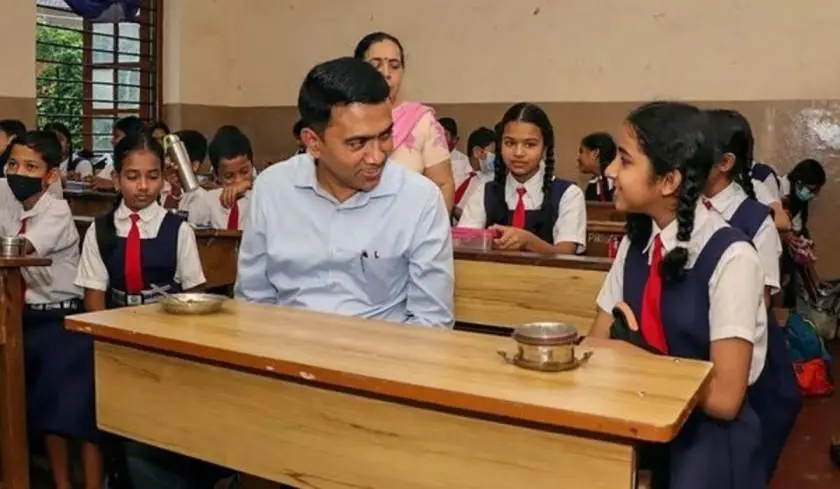In a move that could change the lives of thousands of young women, the Maharashtra government has started offering free higher education to girls from Economically Weaker Sections (EWS).
The scheme, launched in the 2023–24 academic year, covers tuition and examination fees for EWS girls studying in government and government-aided colleges. Families earning less than 8 lakh per year can benefit from this scheme.
According to the Maharashtra Higher and Technical Education Department, female enrolment in government colleges rose by 22% in just one year. In backward districts like Gadchiroli and Nandurbar, the increase was even higher
The policy comes as a response to long-standing concerns about low participation of girls in higher education. Data from the National Family Health Survey (NFHS-5) showed that only about 11% of women in rural Maharashtra aged 18 to 23 were enrolled in college.
Breaking Barriers: Free Education for EWS Girls Lights a Path to Equality
Many dropped out after Class 12 because of high fees, early marriage, or family pressure.
Girls like Sunita Jadhav, a 19-year-old from Osmanabad, are getting a second chance. “My father is a farm worker. We couldn’t afford college. But now I’m studying B.Sc. without paying fees,” she said.
The scheme is available through the MahaDBT portal, where students can upload income certificates, proof of admission, and other documents. Once approved, the fees are paid directly to the colleges.
Officials say the process has been made quick and simple to encourage more applications. In the 2023–24 state budget, the government allocated 250 crore for this purpose. Education Minister Deepak Kesarkar has said the fund will be increased if needed.
The state government believes that supporting girls in higher education will help in more ways than one. Educated women are more likely to take up jobs, support their families, and delay early marriage. It could also improve health, literacy, and economic outcomes in the long term.
The policy is in line with the National Education Policy (NEP) 2020, which stresses equal access to education for all, especially girls and underprivileged groups. Experts say that free education can help break the cycle of poverty if done right.
Dr. Meera Deshpande, a professor at the Tata Institute of Social Sciences (TISS), said the policy could change lives. “This helps both girls and society. It builds confidence and removes one big reason for dropping out — money.”
Still, there are some gaps. The scheme only covers tuition and exam fees. Many girls from rural areas still struggle with daily travel, hostel fees, and lack of internet access. In remote villages, awareness about the scheme is also low. Teachers and NGOs in tribal areas say more outreach is needed.
There’s also concern about whether the scheme can continue in the long term. As enrolment grows, the government will need to spend more every year. Education activists say it is important to monitor how funds are used and ensure there are no delays.
Some have also asked that private colleges be included, since many low-income families send their children to self-financed colleges due to limited government seats.
Priyanka Pawar, a 20-year-old from Yavatmal, says the scheme helped her get into college, but she still walks five kilometers each day. “The fees are free, but the bus isn’t. It’s still hard.” Her case reflects a common problem faced by girls in rural Maharashtra.
Changing the Narrative: EWS Girls Thrive with Free Higher Studies
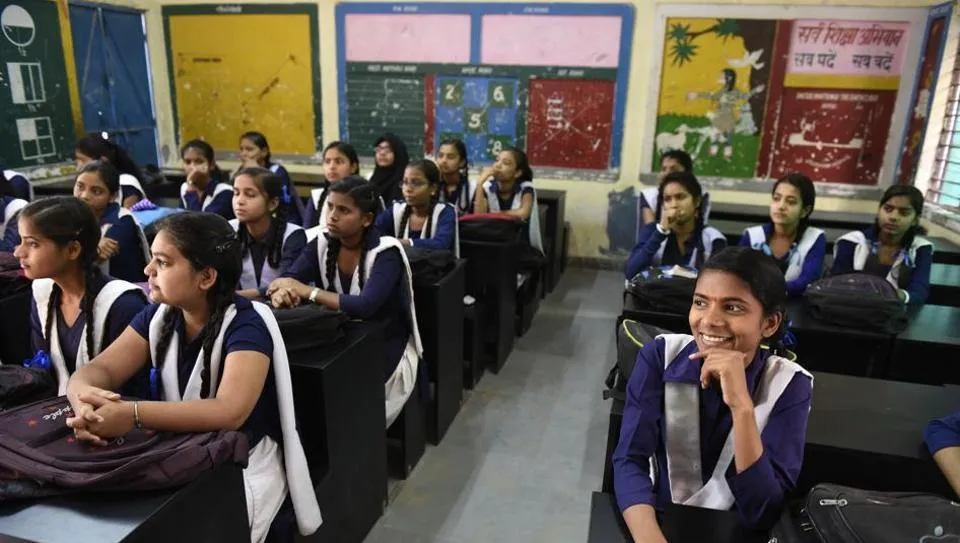
Despite the challenges, the scheme has brought hope. Many families that once believed college was out of reach are now encouraging their daughters to study.
For first-generation learners, even one degree can make a big difference. Parents who never had access to formal education are now helping their children reach new goals.
The Maharashtra government has taken an important first step. But for this promise to reach every EWS girl, more needs to be done — better infrastructure, easier transport, hostel support, and strong follow-up.
The success of this scheme depends not just on policy, but also on how it is carried out at the ground level.
If these hurdles are addressed, the state could become a model for the rest of India. Free higher education for EWS girls is not just about money. It is about trust, opportunity, and building a future where every girl can dream without limits.



